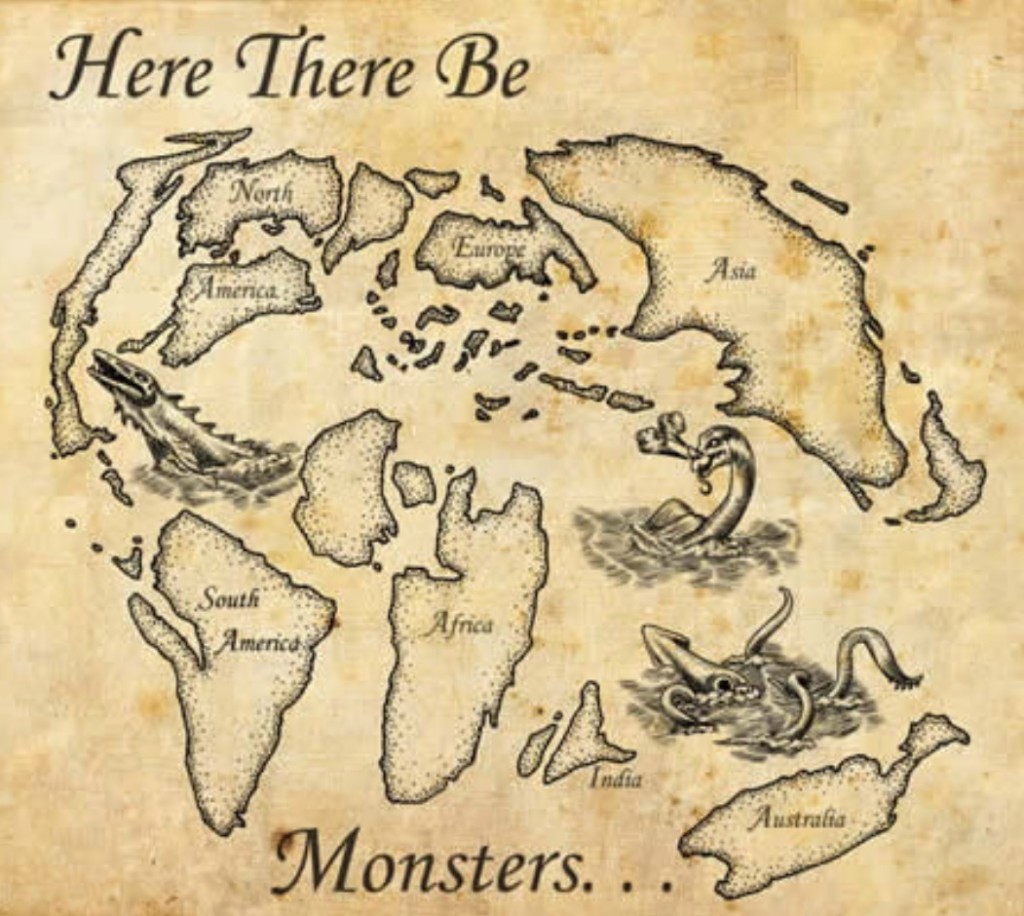Earlier this year, I was fortunate enough to teach a couple of courses in American politics at a local community college. During one of the sessions, I took a census on what my students thought were the most important issues that could frame the 2016 presidential contest. I made two columns to divide Republican and Democratic Party voters and started to fill in what they thought each party would highlight to get voters to the polls for their candidate. For the Democrats, the economy was rated the highest. For the Republicans, it was terrorism. Both issues are of concern to people regardless of party affiliation, but as one of my students said quite presciently: ”Never underestimate the power of fear.” When I asked if a majority of Americans would vote for a candidate who spoke about protecting the population from terrorists or crafting policies leading to job creation, the majority of the class said the candidate who spoke about terrorism would win. When I asked which party would better protect Americans from a terrorist act, the Republican candidate won hands down. I asked why they thought a Republican candidate would better protect Americans than a Democratic candidate, and the collective answer was a variation of this: ”Well, the GOP is more, you know, pro-military than the Democrats, and when people are scared, they want the military to be there for safety and security.” All this, of course, was said many months before the attacks in Paris and San Bernardino, but it points to the power of fear in society. When we’re afraid of something, our natural instinct is to fight or flee. That’s why gun sales go up during moments of fear. Fear of a terrorist attack, fear of the government, fear of limiting firearm sales, fear of socialism, fear of fascism, fear of ”losing,” makes many people crave the security of a weapon and a tough talking politician for whom nuance, subtlety, compromise, and a ”long game” mindset are for wimps and pussies.
Contrast the above with economic issues. Except in times like The Great Recession or Great Depression, people aren’t collectively fearful of the economy. Instead, people are anxious about the economy, anxious about their jobs — or their ability to get a better job — but, to reiterate, rarely are they fearful about the economy. Why? Because the economy is a known entity. Yes, for better or worse, in the U.S. we’re all capitalists of one stripe or another, so we know the game. We know (almost by instinct) the game is rigged in favor of the wealthy. We know that companies have all the power, and we, as individuals, have very little. We know that ”At Will” employment is unfair, but many of us accept it because, well, that’s the way it is. We know our personal incomes are shrinking, but we accept it because at least we have a job — and we’ll just try and work harder to keep our heads above water. We know that retirement is something the rich and those fortunate enough to have pensions will be able to realize, but we hope that a ”better job” will be around the corner where we’ll finally be able to afford to save for when we get too old to work. By and large we know all these things, and that’s why we’re not fearful of the economy that can cause real devastation to an individual, household, and community when laws and policies work against the vast majority of workers. We’ve seen this over and over for the past 40 years in the form of the ”Rust Belt” to the ”Gig Economy.” These policies and market trends favoring a globally-focused wealthy class (some call it neoliberalism) displaces and destroys more lives than terrorists have. Do I have numbers to back up that claim? You can see the percentages here for unemployment rates for most countries globally. And deaths related to terrorism? Have a look here.
However, numbers say one thing, and emotions another. When economic insecurity through the loss of a job, lousy wages, and a higher cost of living happens, many in the U.S. see it through a narrow perspective (i.e., a moral failing of the individual). When that individual perceives others ”winning” while they are ”losing,” they want easy to understand reasons why this is happening to them and what’s killing the American Dream. Because they are invested in ”the system” where they make their money, many choose to ignore (or don’t understand) the structural issues driving those economic changes because, frankly, they work hard and play by the rules — but nevertheless things are going horribly, horribly wrong.
You take that anxiousness and shove it toward fear through terrorist acts (terrorists with brown faces who want a religiously conservative, closed, and authoritarian world), and suddenly some people have a real object to be afraid of. Suddenly, all those ”moral failings” are not the fault of the individual, but of others. Suddenly, the fixation on one violent act obscures similar acts of terror by whites. Suddenly, the monsters will destroy us if we don’t act now. Suddenly, all those who look like the monsters are suspect. Suddenly, it doesn’t sound so bad to impose unconstitutional acts that will close down places of worship. Suddenly, it’s okay to commit acts of violence against people perceived as the monster. Suddenly, a candidate for president says ”We need to bring back waterboarding” and many cheer because they want to torture the monsters and show them who’s boss. Suddenly, the society the monsters want for the world comes into being and those ideals that were once venerated — like reason, tolerance, freedom, and equality — are seen as dangerous, foreign, alien, and a corrupting force in society.
And suddenly, the monsters are victorious through a minimal amount violence that causes a maximum amount of terror.







Comments